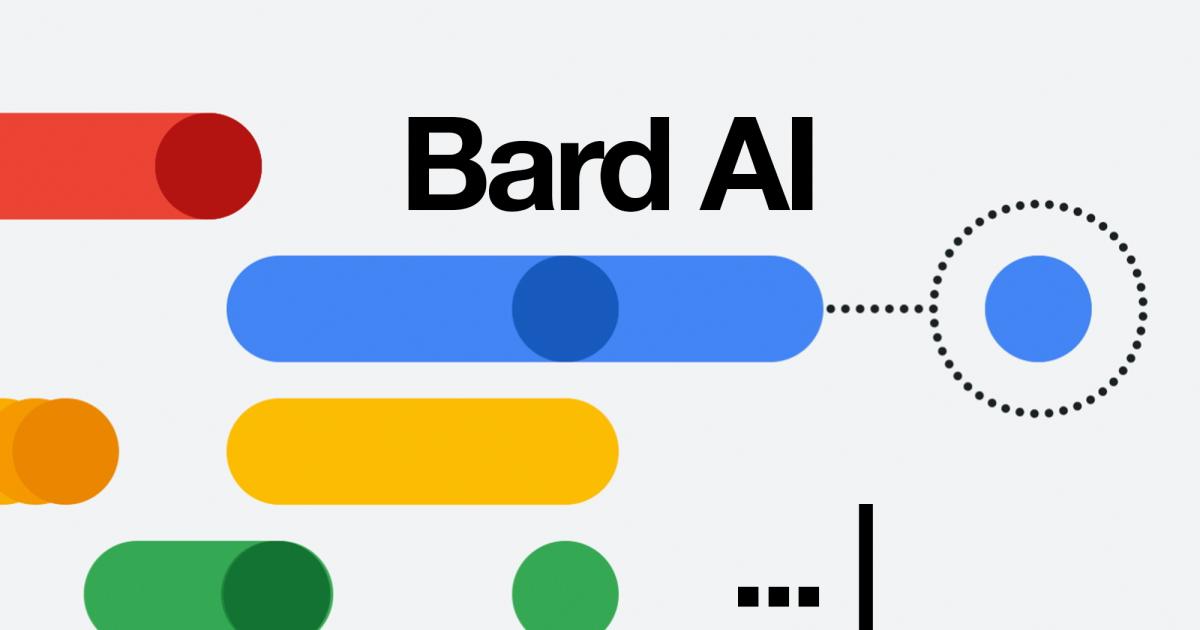
Individuals have not precisely been impressed in the brief time because Google launched its “speculative conversational AI service” Bard. Meeting OpenAI’s ChatGPT and Microsoft’s Bing Chat (likewise powered by OpenAI’s GPT-4), users have discovered that its actions are not as experienced or in-depth as their competitors. Nevertheless, that might be set to alter after Google CEO Sundar Pichai verified on The New York Times podcast “Hard Fork” that Bard will quickly be moving from its present LaMDA-based design to larger-scale PaLM datasets in the coming days.
When asked how he felt about reactions to Bard’s release, Pichai commented: “We have more capable designs. As soon as this goes live, we will be updating Bard to a few of our more capable PaLM designs, which will bring more abilities, be it in thinking, or coding.”
Google stated that it had trained LaMDA with 137 billion specifications to frame the distinction when it shared information about the language-based designs in 2015. Palm, on the other hand, was said to have been trained with around 540 billion criteriaBoth methods might have developed and grown considering that early 2022, however the contrast most likely programs why Google is now gradually transitioning Bard over to PaLM, with its more extensive dataset and more varied responses.
Pichai declares not to be fretted about how quickly Google’s AI establishes compared to its rivals. When Bard initially debuted in February, he acknowledged its dependence on LaMDA provided it a smaller sized scale; however, he framed having less computing power as an advantage, offering more users the modification to check it out and supply feedback. Pichai likewise made sure that Google would be doing its analysis of Bard’s security and quality when equipped with real-world info.
To that end, Pichai revealed that Google does not wish to launch a “more capable design before ensuring we can manage it well. We are all in extremely early phases, and we will have many more capable designs to plug in time. I do not desire it to be simply who’s there initially; however, getting it ideal is extremely crucial to us.”
That idea is on the minds of over 1,800 individuals (consisting of tech leaders and AI scientists) who have signed an open letter requiring a minimum 6-month time out on advancing AI innovation “more effective than GPT-4.”
Pichai does not believe this can be efficiently done without including the federal government. However, he concurs with the requirement for assistance: “AI is too essential a location not to control. It’s likewise too essential a location not to control well. I’m grateful these discussions are underway.”






